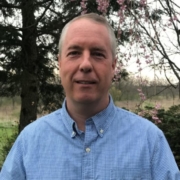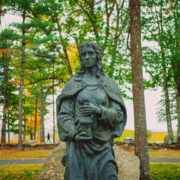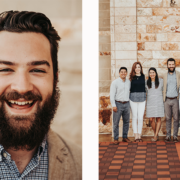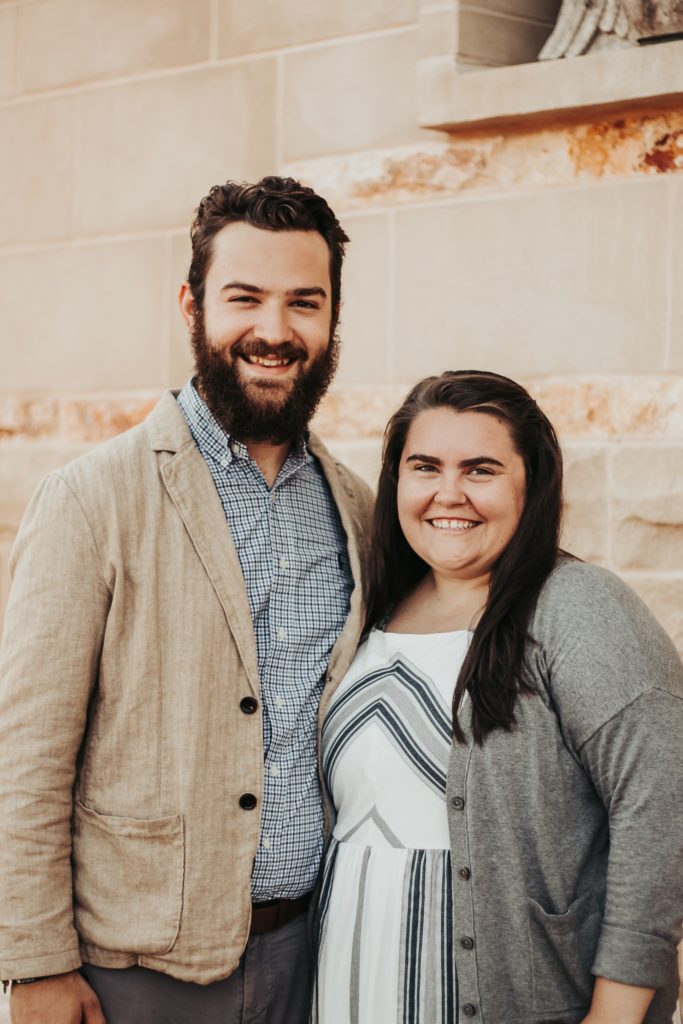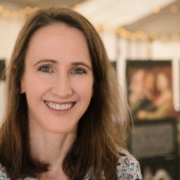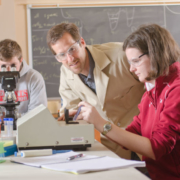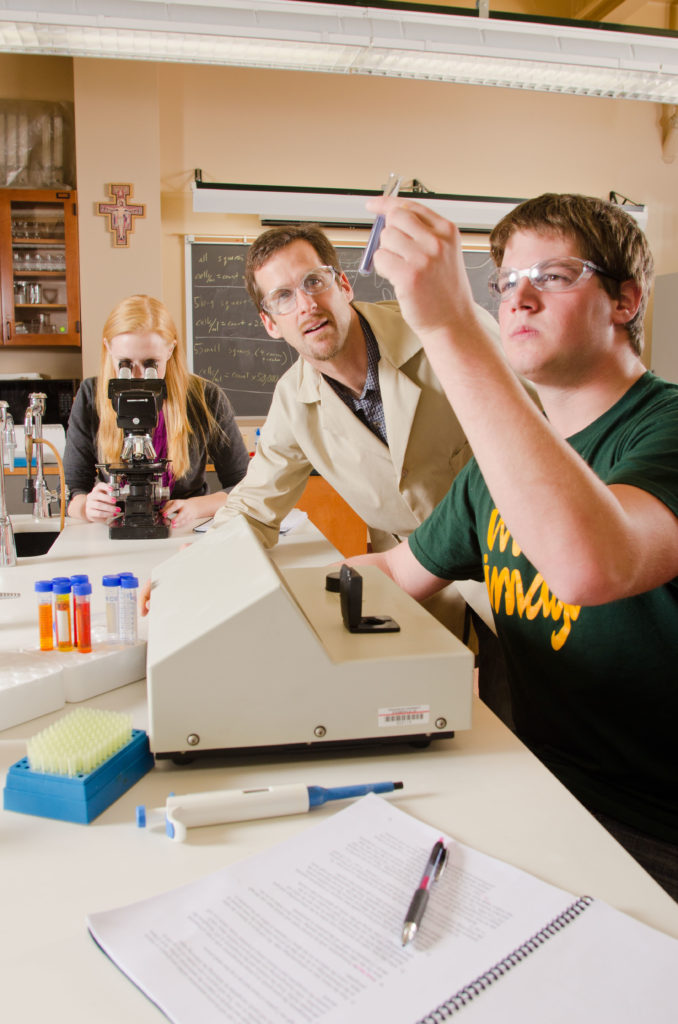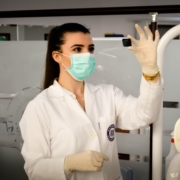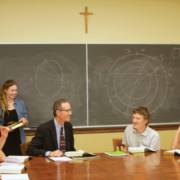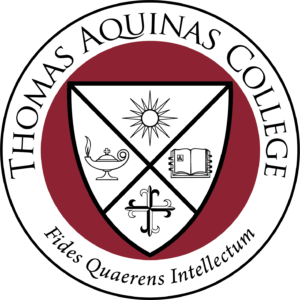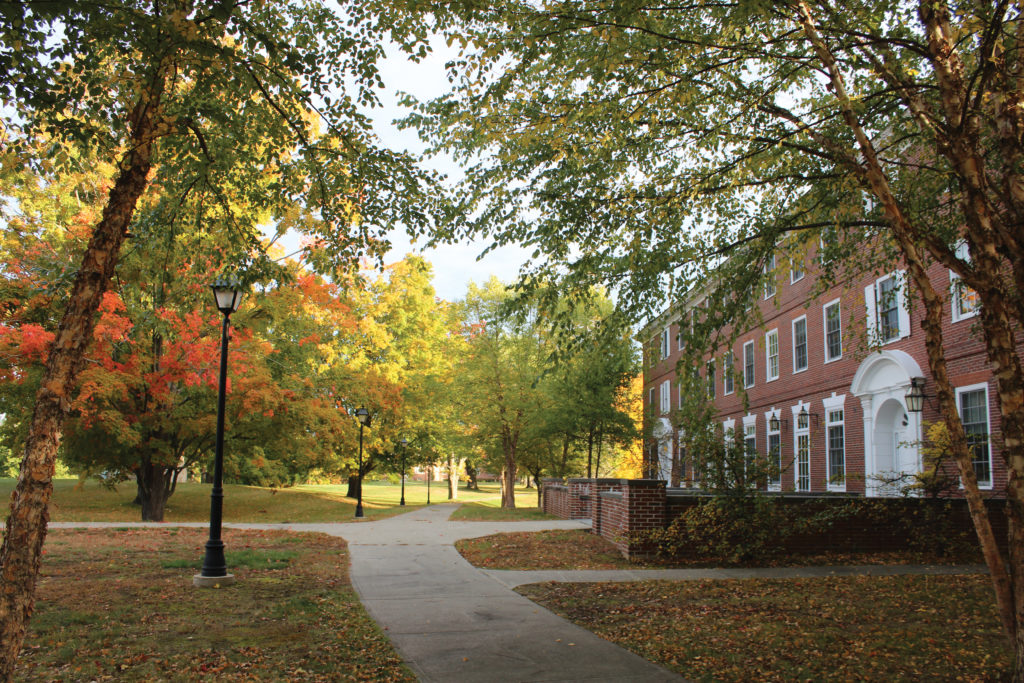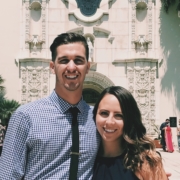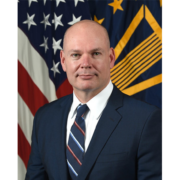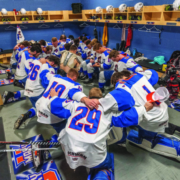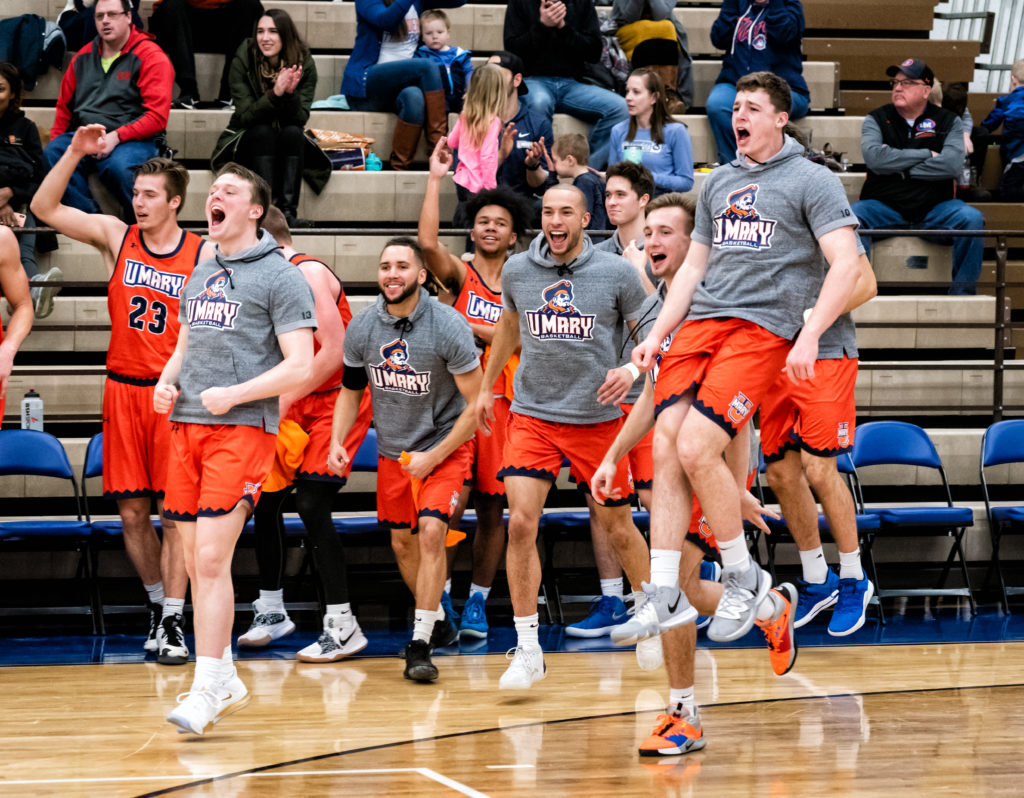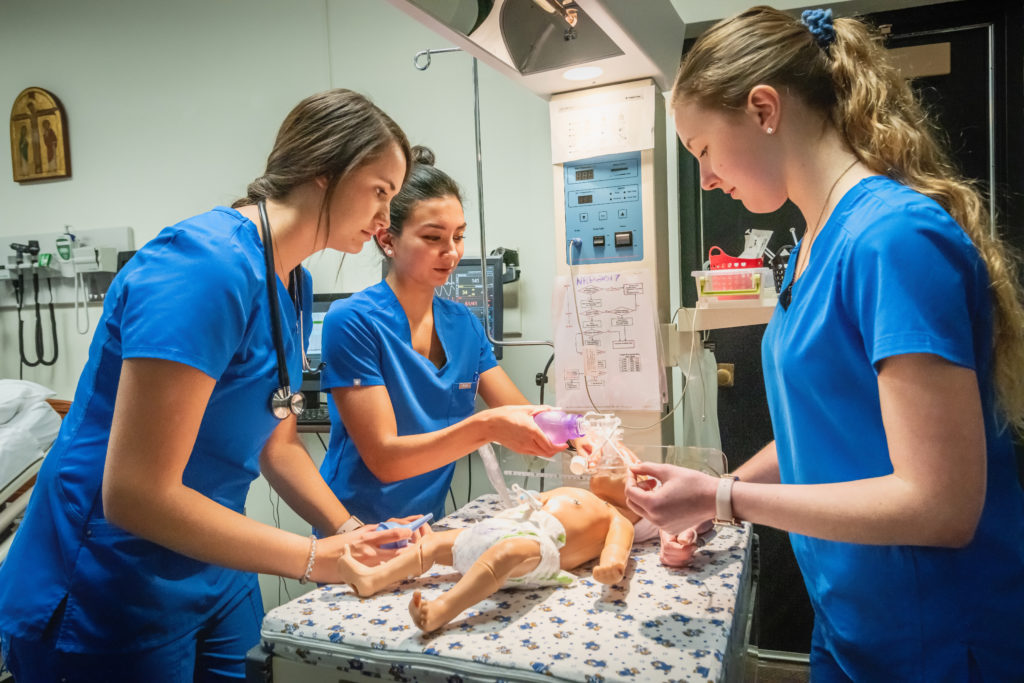Catholic College Graduate Directs County’s Response to COVID-19
Dr. Mark Kissinger, a graduate of Newman Guide-recommended Franciscan University of Steubenville in Ohio, is now responsible for the health of Steubenville residents as well as others in the surrounding Jefferson County. As the medical director of the Jefferson County Health Department, he oversees the response to COVID-19 but has not seen a large surge in COVID patients.
Dr. Kissinger says that Franciscan University provided “many opportunities to grow in faith and reason” and prepared him well for medical school. Now, he strives to treat each of his patients with the respect and dignity that they deserve.
The Cardinal Newman Society is grateful to Dr. Kissinger for sharing about the impact of his faithful Catholic education, as a part of our “Profiles in Faithful Catholic Education” series.
Newman Society: What was your experience like at Franciscan University, and how has it impacted your life?
I grew up in Steubenville, the son of a business professor. To be honest, I thought I wanted to get out of Steubenville as I was leaving high school, but my parents made it clear that if I wanted their help paying for college, I had to go to Franciscan.
My experience at Franciscan was excellent. I had the chance to grow in faith and knowledge, along with the chance to grow up surrounded by people who were deeply involved in their faith. I was academically very well prepared for medical school. Incidentally, my daughter is following my path from Franciscan to medical school next year.
More importantly, there were many opportunities to grow in faith and reason at Franciscan. The sacraments were available daily. We had faith-based “households” to choose from and join if we felt inclined — they are similar to a Catholic version of a fraternity (minus the negative connotations). The professors were top-notch. It seems like every professor tried to bring God into their work and their teaching. I was given a very good foundation of theology and philosophy. Of all the things I learned at Franciscan, faith and the understanding of objective value have had the most profound impact on my life.
Like many, my wife and I started dating while in college. God really blessed me when He put her into my life. When considering that many people meet their future spouse in college, it is important to us that our children attend schools where they are likely to be surrounded by a positive peer pressure and potential future spouses who live the faith.
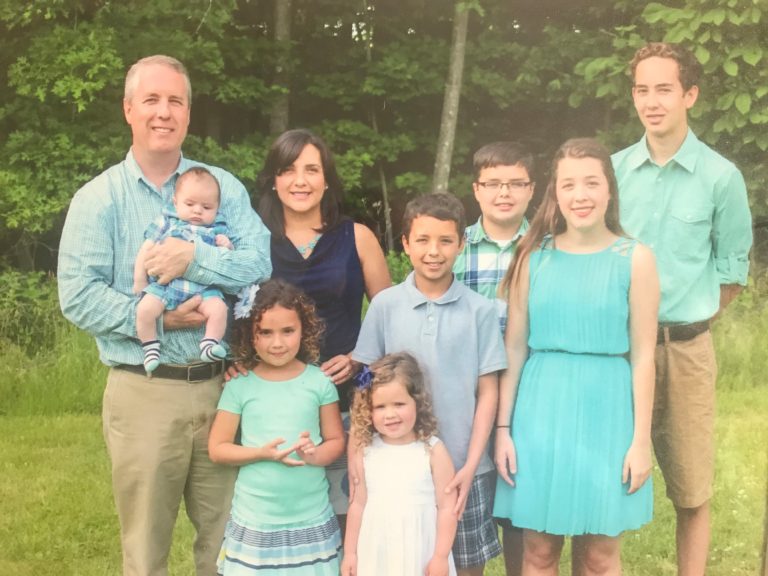
Newman Society: How did your education at Franciscan University prepare you for the work you do today as a doctor during the COVID-19 crisis?
Franciscan gave me a good foundation in the sciences, which got me into and through residency. Yes, there was a lot of hard work, but I could not have succeeded without that base of knowledge.
COVID-19 has disrupted society dramatically. There are many healthcare professionals who are actively involved in care of patients with COVID-19 and overwhelmed in some places. I am involved, but not as directly as many of them. We have been fortunate to not see the surge in patients that many areas have seen. Because of this, most of our work has been disaster planning, tracking patients with the disease and educating the public. This has been very time-consuming, but not the heroic service that many across the nation have been part of.
My Franciscan education has taught me to remember that we are dealing with people, not statistics and cases. As such, all people deserve respect and dignity as God’s own. On the difficult days, one of the most important things I can do is focus on serving those that God has placed in our care, rather than focus on doing what I need to get out of the office quicker. It is unfulfilling to focus on me and fulfilling to focus on the objective good of the person God has allowed me to serve.
Incidentally, a couple of the Franciscan biology professors, including Dr. Daniel Kuebler and Dr. Joseph Pathakamuri, have directly aided our COVID-19 efforts locally, by bringing equipment and knowledge to our local hospital to set up in-hospital testing for COVID-19. Until now, we had to send out our tests to an outside lab, which can take from one to eight days to get results back. With the new testing, we can test 10-plus patients every three hours. This means we can more effectively diagnose and treat patients earlier, which should lead to better patient outcomes and better utilization of resources and protective gear.

